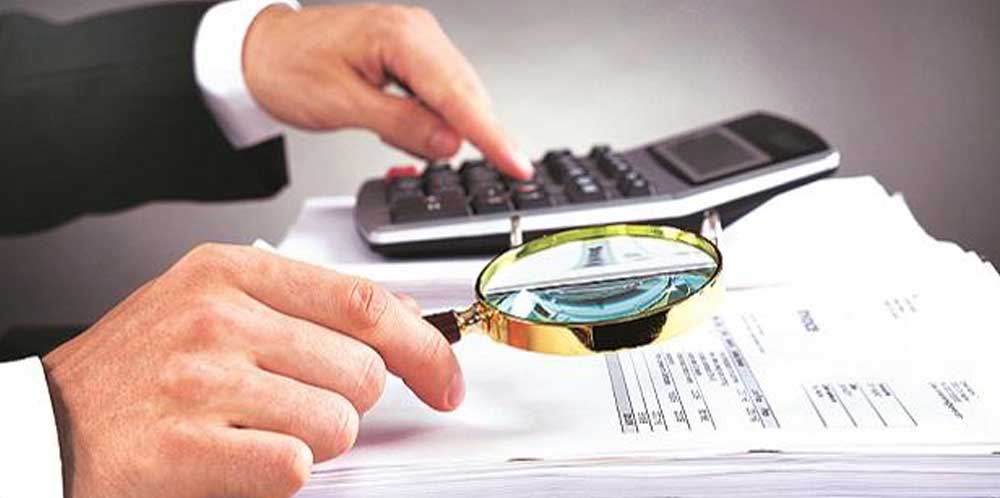
GST Basics & Common Mistakes
Whether you're a sole trader, contractor, in partnership or a company, as soon as you think you’ll earn more than $60,000 in 12 months, you must register for GST. You may be charged penalties if you don't register when you need to.
If you don't think you'll turn over that much, it's up to you whether or not to register. One benefit of voluntary registration is you might be able to claim a GST refund, eg if you have a lot of expenses but not much income. Once you've registered, you have to complete regular GST returns.
When you register for GST, you have two choices to make.
1. Taxable period (how often you’ll file returns) — monthly, two-monthly or six-monthly.
2. Accounting basis from these options:
- Payments basis — you account for GST in the taxable period in which you've made or received a payment.
- Invoice — you account for GST in the taxable period when you've sent or received an invoice (even if the payment hasn't been made).
- Hybrid method — a combination of payment and invoice methods.
Avoid these common GST mistakes:
- Registering for GST before you reach the earning threshold of $60,000. Make sure you weigh up the advantages and disadvantages of registering.
- Choosing the wrong accounting basis when registering — that is, the way you claim and return GST. The "payments basis" option is usually the best choice if you're a small business, contractor or are self-employed.
- Not keeping accurate records, or all your receipts and invoices — or not keeping them for seven years.
- Not charging GST because your turnover is low if you're GST-registered — you must keep collecting and paying GST up until the date you let Inland Revenue know you're deregistering.
- Failing to deregister if you close your business and don’t plan on starting a new taxable activity over the next 12 months — in this case, you must cancel your registration within 21 days.
- Not accounting for the GST on any business assets you hold at the time you deregister. If you keep assets after cancelling your GST registration for private use or for another business you must make an adjustment in your final GST return. Your final GST return must include all taxable goods and services from the beginning of the taxable period to the date of the GST cancellation.
- Not making private use adjustment for using business assets for personal use.
